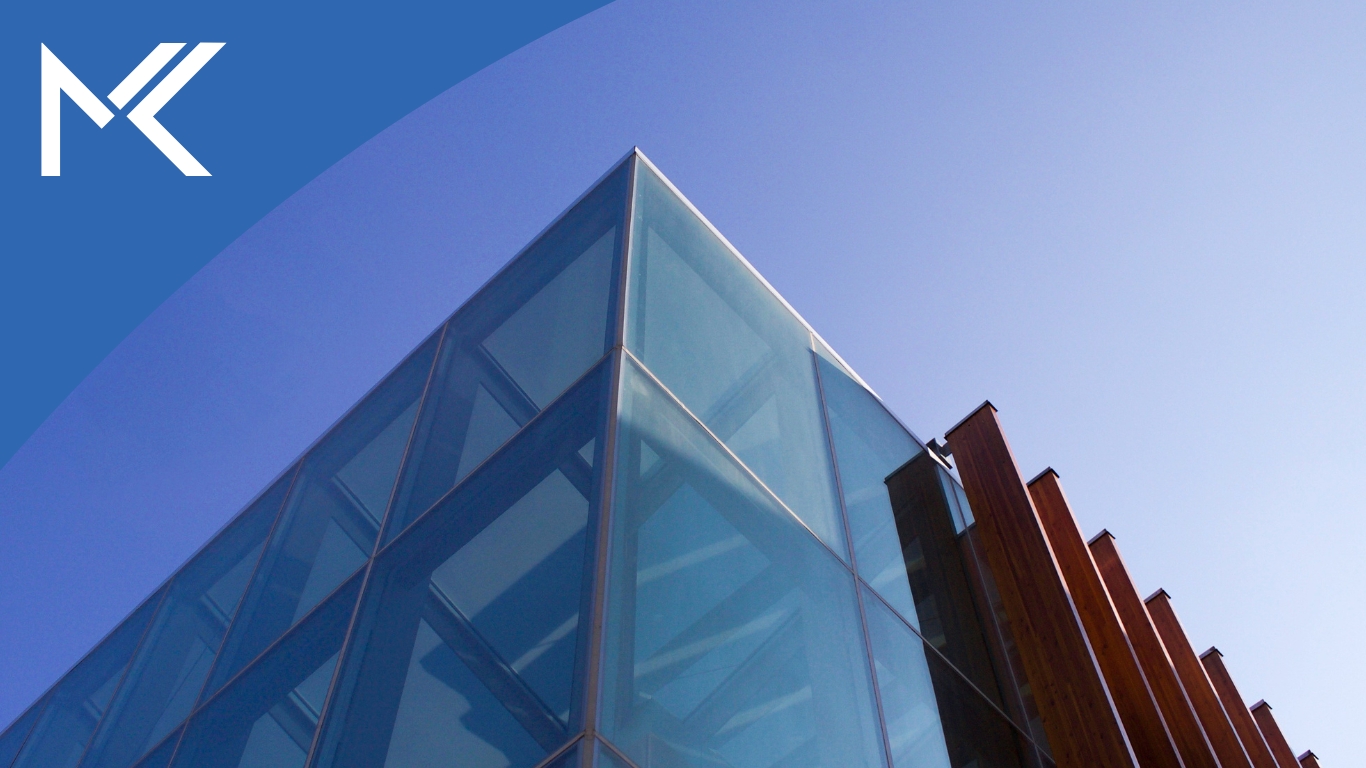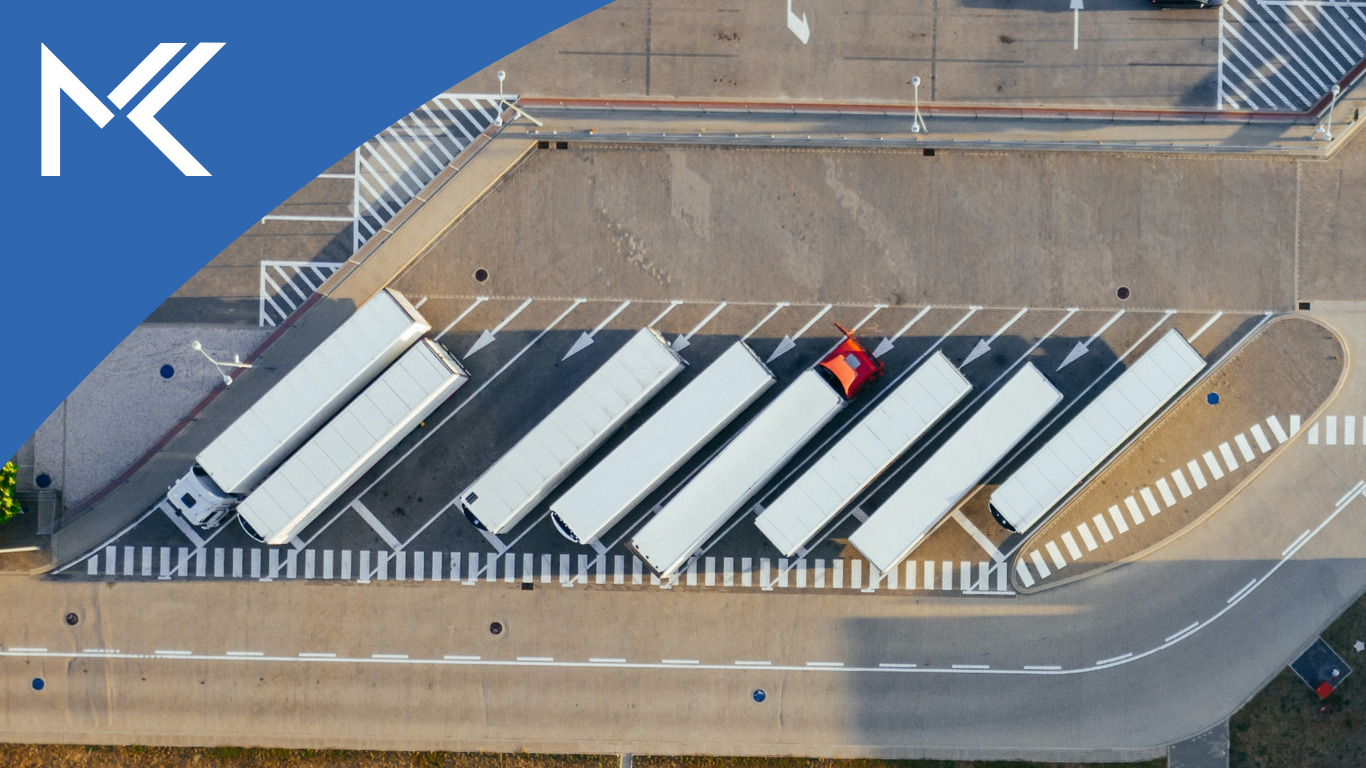The Moroccan Simplified Joint Stock Company (SAS) is a commercial company by form, with any objective. It is governed by Articles 43-1 to 43-15 of Law 5-96, and certain provisions of Law 17-95 relating to joint-stock companies.
Its main advantage lies in offering shareholders a legal structure where contractual freedom prevails, from drafting bylaws to operating procedures, thereby allowing for true effectiveness in the provisions usually contained in the bylaws.
1) CHARACTERISTICS OF THE SAS
Shareholders:
The simplified joint stock company may be formed by a single shareholder (Single-Member SAS or “SASU”) or multiple shareholders who may be either natural or legal persons, and whose profits or losses are only distributed or borne to the extent of their contributions. However, the bylaws of the SAS may stipulate special benefits for associated or non-associated persons.
Capital Structure:
In principle, the elements related to the SAS capital are framed as follows:
- Minimum capital amount: Freely determined by the bylaws.
- Cash contribution: At least one-fourth (1/4) must be paid up at the time of incorporation, with the surplus to be paid within a maximum period of 3 years.
- Contribution in-kind: Fully paid up at incorporation.
- Contribution of industry (knowledge, technical skills, and know-how): Possible in exchange for non-transferable shares.
Directors:
The appointment of a single president (shareholder or not), whether natural or legal person, to act on behalf of the SAS is mandatory.
Governance Bodies:
The SAS offers total freedom in setting up the company’s executive, providing several options such as:
- Opting for a company managed solely by a president, and, if necessary, by one or more general managers.
- Deciding on a governance structure equivalent to that of a joint-stock company: either the unitary body (board of directors) or dualistic (management board and supervisory board);
- Or any other structure defined freely in the bylaws.
Auditors:
Their appointment is optional. It only becomes mandatory above a certain threshold set by regulatory provisions.
2) WHY CHOOSE THE SAS?
- The SAS allows for contractual control over the stability and structure of the shareholding.
- It ensures the protection of the interests of minority shareholders by assigning powers independently of any reference to the capital held by each shareholder.
- It provides freedom to the bylaws to organize the exercise of shareholders’ voting rights and the definition of collective decisions, both in form and substance.
3) HOW TO CREATE THE SAS?
Creating the SAS follows the same procedures as other forms of companies before it is registered with the Moroccan Trade Register (Registre du commerce). Here are the steps to create an SAS:
- Capital formation,
- Establishment of subscription and payment forms in case of cash contribution,
- Drafting and signing of the bylaws,
- Filing of the incorporation dossier and registration with the Trade Registry, followed by publication of the incorporation notice in the Official Gazette and the Official Bulletin,
- Identification with the tax authorities and affiliation with social security organizations.
In conclusion, the simplified joint stock company represents a flexible legal structure suitable for many entrepreneurial projects.
At Mkonsulting, we understand the crucial importance of choosing the right legal form for your business. We are here to guide you through every stage of your company’s establishment, from the initial concept to the finalization of the bylaws. Our experienced team will guide you through the process, ensuring that your needs are fully met and that your business is properly established to thrive.
Feel free to contact us for any requests regarding business creation in Morocco.


